This past school year, my school went all "Google" and so I have been exploring the new opportunities that has brought to my classroom as well as how I can help you get comfortable going digital too!
I recently asked "Team Resource Force" (my lovely email subscribers!) what some of the barriers to going digital were, and there were an overwhelming number of you who said you had fears of students being off-task or being irresponsible online during lessons. A valid point! So I have been doing some thinking and I have come up with a range of ideas for how you can encourage responsibility and keep students on task when going digital in your classroom.
I recently asked "Team Resource Force" (my lovely email subscribers!) what some of the barriers to going digital were, and there were an overwhelming number of you who said you had fears of students being off-task or being irresponsible online during lessons. A valid point! So I have been doing some thinking and I have come up with a range of ideas for how you can encourage responsibility and keep students on task when going digital in your classroom.
1) Start at home:
If you're new to going digital in your classroom and want to ease things in slowly and let them get the novelty out of their system a bit, then why not start with digital homework? You can give students a Google Slides resource or Google Form for example, and ask students to complete the activity at home. If you have Google Classroom set up (I highly recommend it!) then your students can submit their work to your classroom at any time and you can then check and grade it all remotely! It does eliminate all those creative "no homework" excuses though! Bummer...
If you're new to going digital in your classroom and want to ease things in slowly and let them get the novelty out of their system a bit, then why not start with digital homework? You can give students a Google Slides resource or Google Form for example, and ask students to complete the activity at home. If you have Google Classroom set up (I highly recommend it!) then your students can submit their work to your classroom at any time and you can then check and grade it all remotely! It does eliminate all those creative "no homework" excuses though! Bummer...
2) Keep things engaging:
Although technology can definitely be a distraction for students, I've found that generally if they're kept fully engaged in an activity, the chances of them wandering off task are definitely reduced! Give them engaging activities to be completing and also try setting strict time limits during the lesson to maintain the pace so they don't have time to be messing about! If you want to try it out with something small first, give your students a digital exit ticket to complete at the end of the lesson on their phones, for example. You can inform them that it's their ticket out of the door so only students who complete it and submit it on Google Classroom are able to leave the lesson - no time for messing about and a clear incentive to get it done without being distracted!
Although technology can definitely be a distraction for students, I've found that generally if they're kept fully engaged in an activity, the chances of them wandering off task are definitely reduced! Give them engaging activities to be completing and also try setting strict time limits during the lesson to maintain the pace so they don't have time to be messing about! If you want to try it out with something small first, give your students a digital exit ticket to complete at the end of the lesson on their phones, for example. You can inform them that it's their ticket out of the door so only students who complete it and submit it on Google Classroom are able to leave the lesson - no time for messing about and a clear incentive to get it done without being distracted!
3) Let them get it out of their system:
You know your students best so you might decide to give them the benefit of the doubt first and see how they get on, or if you think your students are very likely to take advantage, it might be worth doing a quick lesson on expectations first. Now, I think my students are generally pretty good, but when we first got on Google Classroom, the chat feature was extremely novel to them and they went a bit crazy writing to each other (while they were in the same room - don't ask...). It was harmless really. It started with someone writing "Hello", then someone followed with "it's me" and then it ended up with people taking it in turns to quote Adele's lyrics...! I decided to just let them get it out of their system until they got bored (which they did pretty quickly!). I did have one group with some members who were a little less mature and so for one or two individuals in that group, I just ended up muting them and they soon got the message! I un-muted them a week later and they didn't even notice as the novelty had well and truly worn off by then, ha! I chose to not do the heavy "lecture" with my students and just let them get it all out, and that worked. If you feel your students are still being irresponsible, then maybe a class discussion of expectations is in order first and a reminder that this technology is a privilege, not a right! If you're looking for some Technology rules prompts to spark discussions and use as classroom posters, check these out!
You know your students best so you might decide to give them the benefit of the doubt first and see how they get on, or if you think your students are very likely to take advantage, it might be worth doing a quick lesson on expectations first. Now, I think my students are generally pretty good, but when we first got on Google Classroom, the chat feature was extremely novel to them and they went a bit crazy writing to each other (while they were in the same room - don't ask...). It was harmless really. It started with someone writing "Hello", then someone followed with "it's me" and then it ended up with people taking it in turns to quote Adele's lyrics...! I decided to just let them get it out of their system until they got bored (which they did pretty quickly!). I did have one group with some members who were a little less mature and so for one or two individuals in that group, I just ended up muting them and they soon got the message! I un-muted them a week later and they didn't even notice as the novelty had well and truly worn off by then, ha! I chose to not do the heavy "lecture" with my students and just let them get it all out, and that worked. If you feel your students are still being irresponsible, then maybe a class discussion of expectations is in order first and a reminder that this technology is a privilege, not a right! If you're looking for some Technology rules prompts to spark discussions and use as classroom posters, check these out!
4) Block and watch:
If all else fails, your school / district might be able to block certain websites or even keywords using school devices or WiFi. You might also benefit from software like this that allows you to view your students' screens: this is a big deterrent as you can catch them in the act and record it as evidence, then issue any sanctions you see fit.
I hope that is helpful and gives you some ideas and confidence to get started with digital learning in your classroom!
If all else fails, your school / district might be able to block certain websites or even keywords using school devices or WiFi. You might also benefit from software like this that allows you to view your students' screens: this is a big deterrent as you can catch them in the act and record it as evidence, then issue any sanctions you see fit.
I hope that is helpful and gives you some ideas and confidence to get started with digital learning in your classroom!
Thanks for reading this post :) If you found this valuable, leave a comment below or share it out!
Technology is a wonderful tool to use in the classroom and is important in ensuring our students are well-prepared for the world they are going into. Technology and the internet are powerful weapons however, and our students need to learn how to use these responsibly: after all, with great power comes great responsibility!
How would you handle this situation in your classroom? Leave a comment below!
Technology is a wonderful tool to use in the classroom and is important in ensuring our students are well-prepared for the world they are going into. Technology and the internet are powerful weapons however, and our students need to learn how to use these responsibly: after all, with great power comes great responsibility!
How would you handle this situation in your classroom? Leave a comment below!
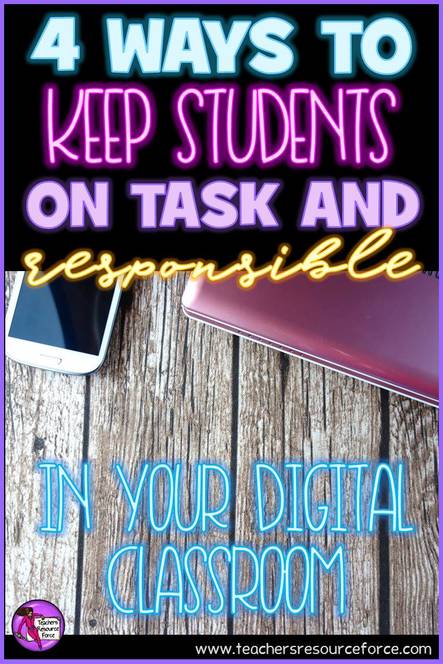
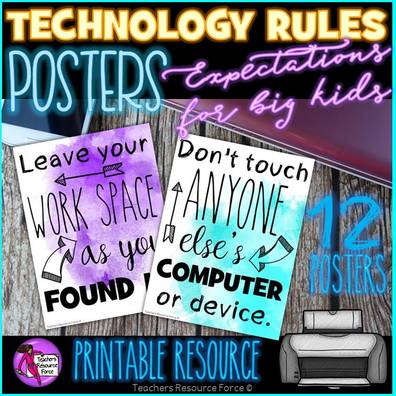
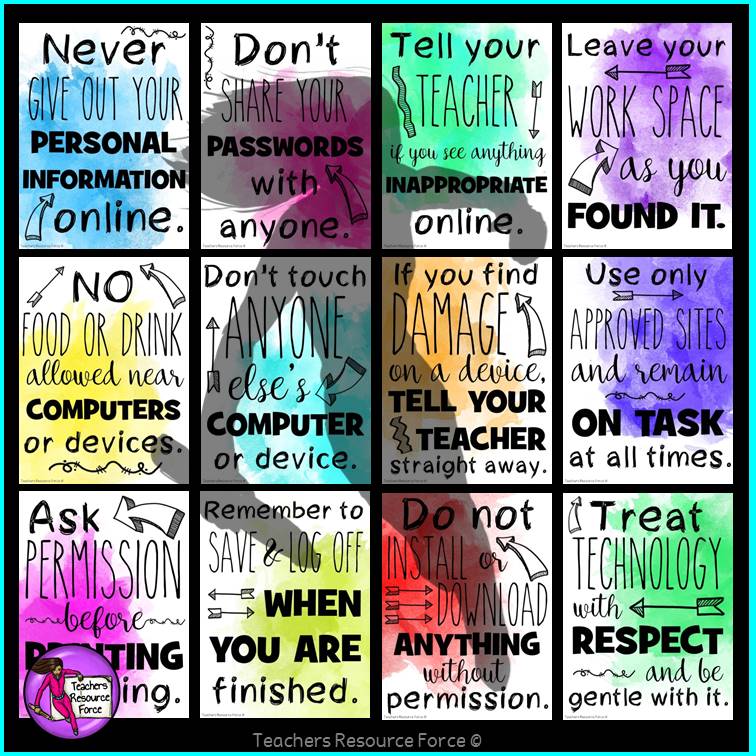





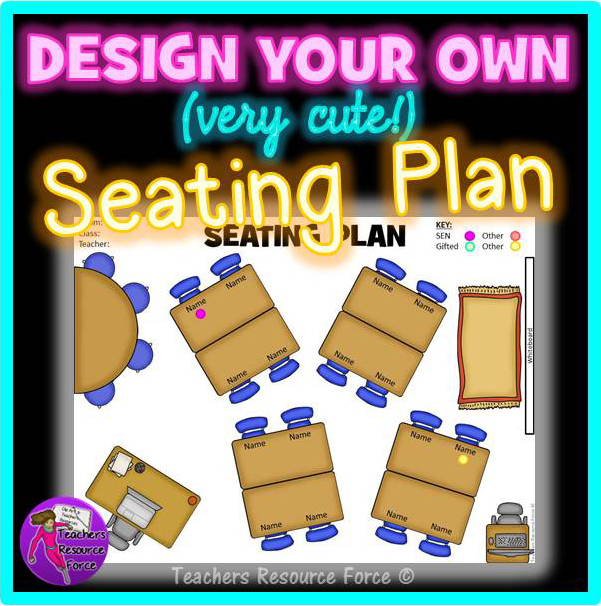
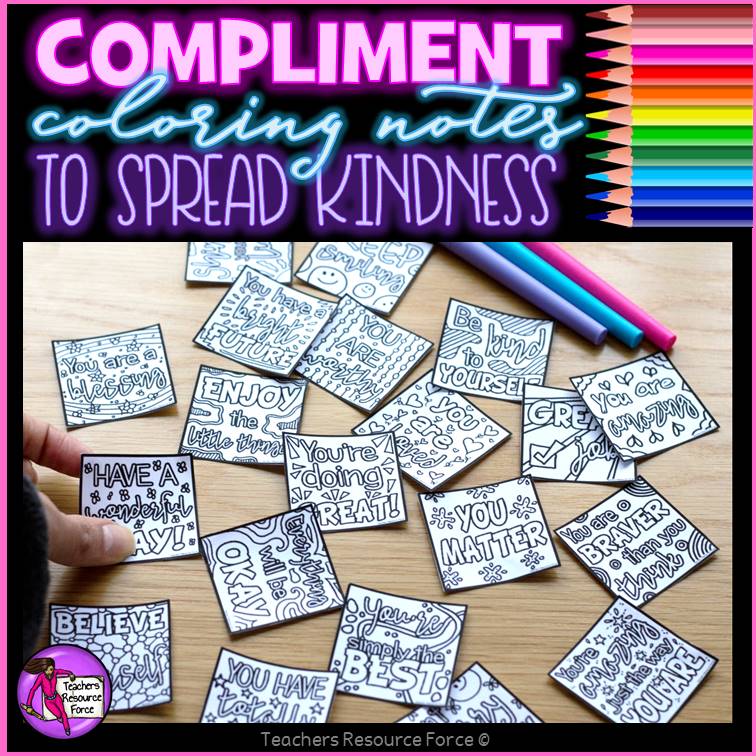
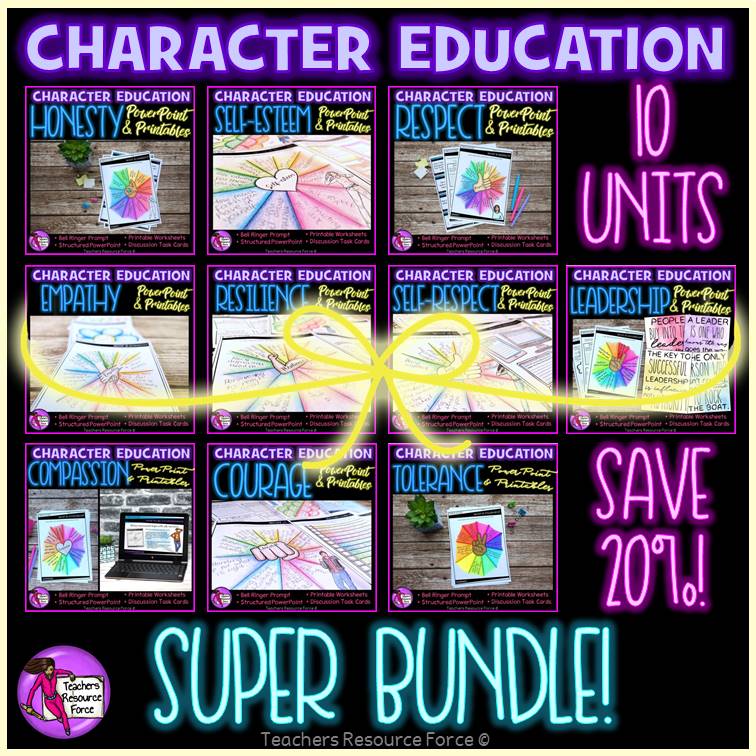
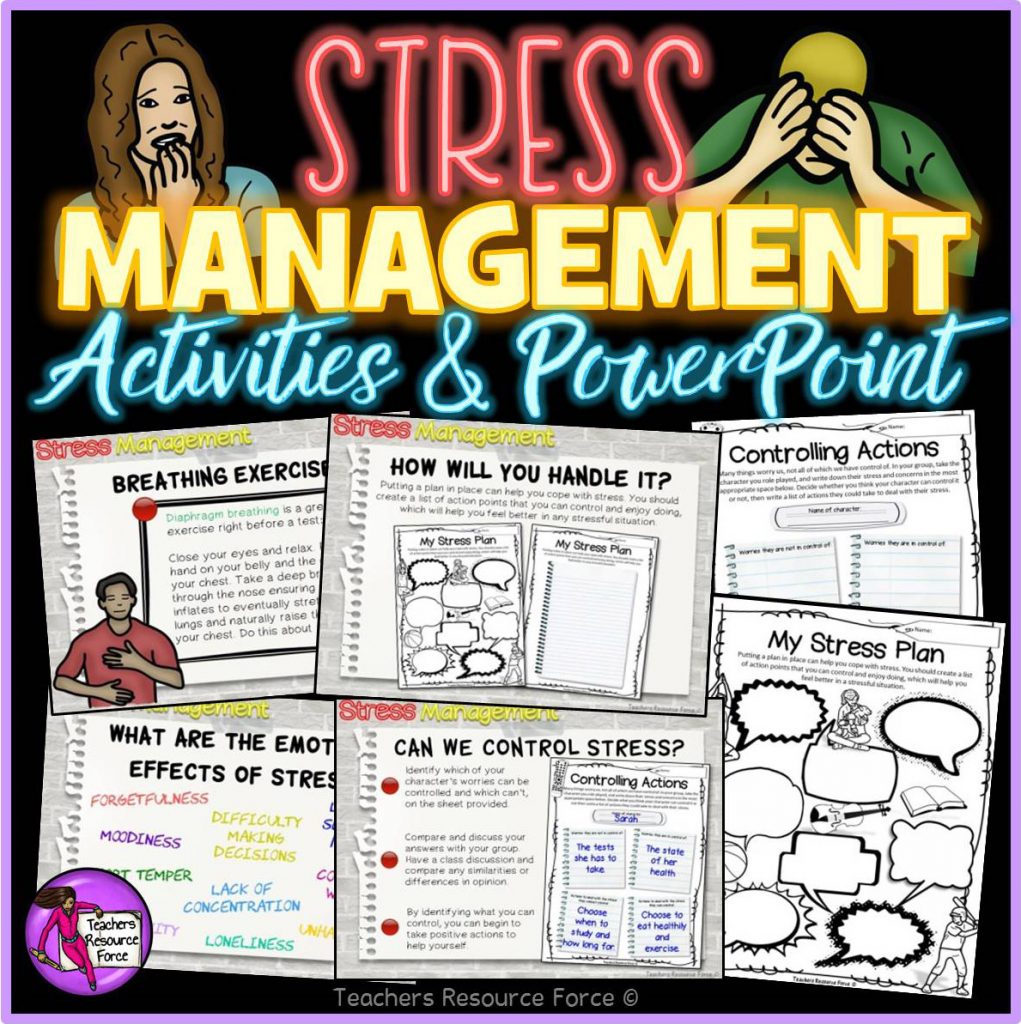
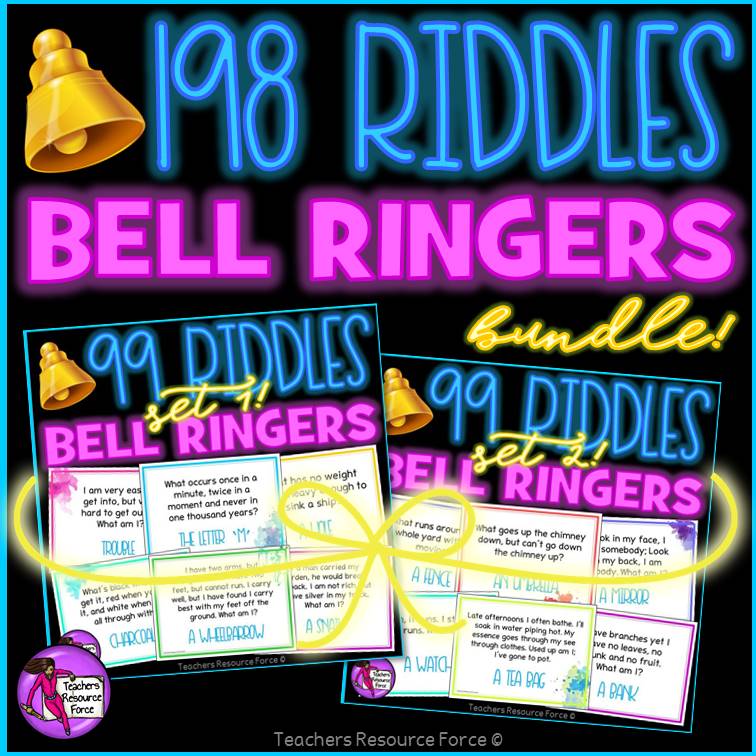
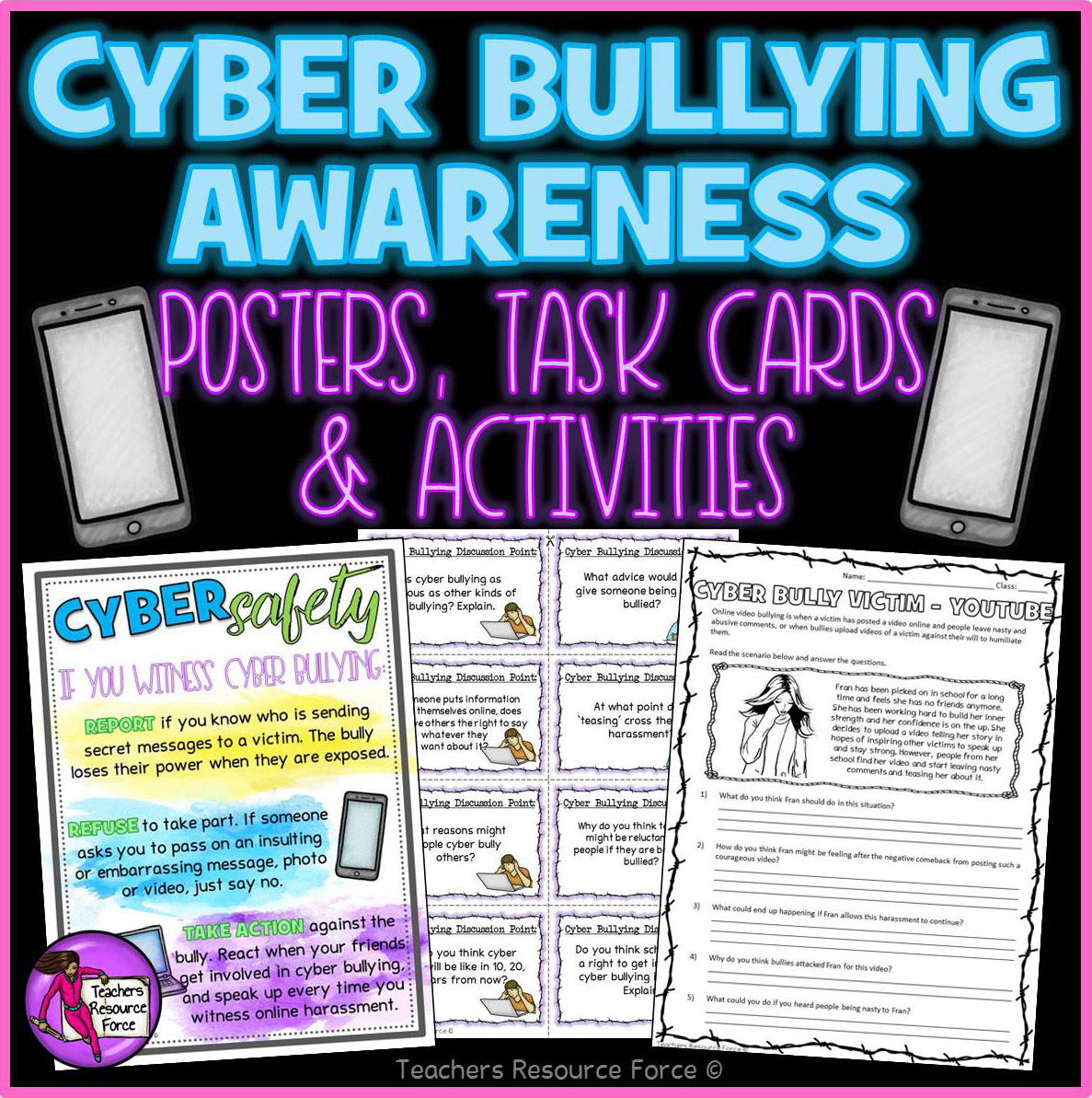








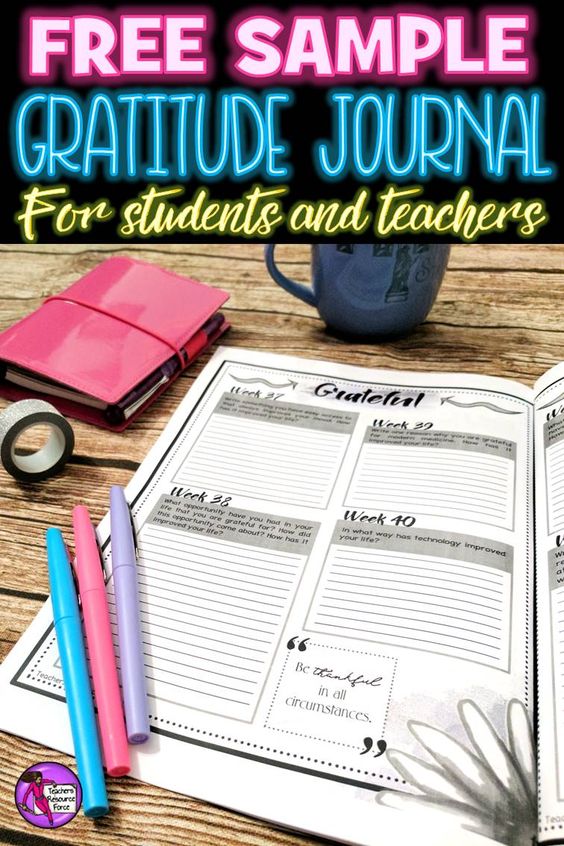




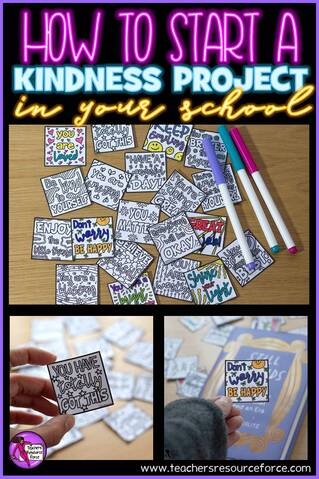

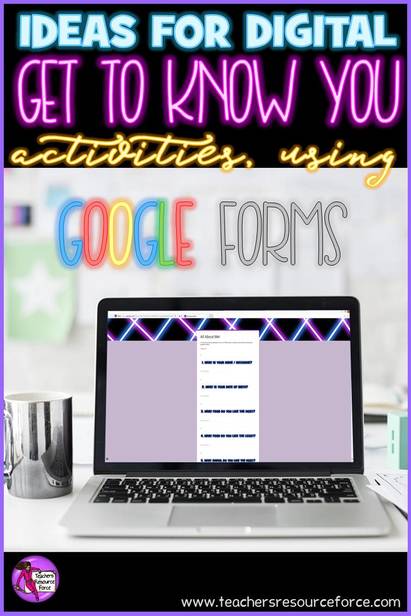
 RSS Feed
RSS Feed



